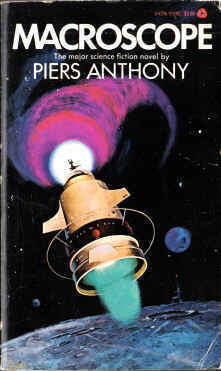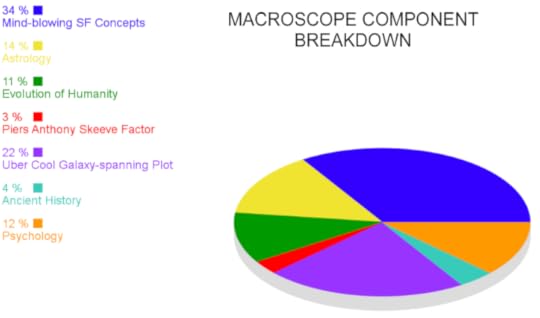What do you think?
Rate this book


480 pages, Mass Market Paperback
First published January 1, 1969


SURULLINEN XPACT SCHON AG I ENCAJEand another hot supergenius chick is going to figure it out. It's Polyglot! she exclaims. A mixture of languages! Blah, blah, blah, the last word is Spanish, the first one is Finnish, blah, blah, what's the "I"? Oh yes, she says, Polish! It means "and"! Well, that's right, but it's the same in Russian, a less dramatic choice.